Review for Captain America: Civil War
Introduction
Against all my expectations, Captain America turned out to be the character that most impressed me in the Marvel Cinematic Universe, and not just because of all of the comic book franchises adapted to film in the MCU, Captain America’s trio of films is the most consistently excellent. I’ve found the character to be thoughtful and well written no matter where he appears, even in the comparatively disappointing Age Of Ultron. Now I come to the final, to date, named Captain America film, and most likely the last one to feature Chris Evans donning the costume and bearing the shield. And with a name like Civil War, a layman might be forgiven for cynically taking it for PR hyperbole. I still remember Star Trek’s whimper of an Insurrection.
Following the Battle of Sokovia (Avengers: Age of Ultron), public opinion has become split over the Avengers. While the heroes are still supported by many, some see them as little more than vigilantes, accountable to none, and leaving mayhem in their wake. To reflect this change in public opinion, the UN is on the verge of ratifying the Sokovia accords, placing the Avengers Initiative under public oversight, their actions to be dictated by public need, not their personal consciences.
For Tony Stark, forever wrestling with his guilt over his company’s actions before he became Iron Man, this seems like a good idea, but Captain America, who has seen how idealism can be perverted by politics, is far more reluctant to sign on. The debate becomes a schism when the UN meeting to ratify the accords is bombed by terrorists, killing dozens including the king of Wakanda. When the Winter Soldier, Bucky Barnes (Captain America: The Winter Soldier) is implicated in the bombing, the world wants his head on a pike. But when Captain America acts to preserve his life, the Captain is designated a criminal and a fugitive.
The Disc
Captain America: Civil War is presented in 2.40:1 widescreen 1080p with the choice between DTS-HD MA 7.1 Surround English, DTS-HD HiRes 5.1 Surround German, and Dolby Digital 2.0 Stereo English Audio Descriptive with subtitles in these languages and Danish, Finnish, Norwegian, and Swedish. It’s another great transfer, although this is one of those films that got an IMAX distribution with variable aspect ratios. Apparently the 3D disc offers that functionality, but not this 2D version, which is widescreen throughout. The image is clear and sharp, with excellent detail, and once again has that slightly subdued palette that gives the film a grounding in reality. The audio is immersive and impactful as you would expect from an action movie, while the all important dialogue is clear. There is a whole lot of CGI in this film, but the balance between computer imagery, and practical stunts and action is just right. The videogame feel from the start of Age of Ultron never makes its presence felt here, and the film feels ‘real’ for want of a better word.
Extras
You get one disc in a BD Amaray, which boots to an animated menu following a trailer for Doctor Strange and a Civil War/Audi advert/featurette. On the disc you’ll find the following extras.
Featurettes
-United We Stand, Divided We Fall – The Making of Captain America: Civil War
-- Part 1 (22:25)
-- Part 2 (23:18)
-Captain America: The Road to Civil War (4:11)
-Iron Man: The Road to Civil War (4:02)
-Open Your Mind: Marvel’s Doctor Strange Exclusive Sneak Peek (4:02)
Deleted & Extended Scenes x4 (7:52)
Gag Reel (2:53)
Audio Commentary with Anthony & Joe Russo, and Christopher Markus & Stephen McFeely
Conclusion
Given the Captain America title, you could be forgiven for thinking that Civil War is actually an Avengers movie, given the size of the cast, the scope of the movie, and the sense that it’s actually a two-hander between the Iron Man and Captain America characters, instead of a vehicle for the latter alone. The thing is that the first two Captain America features established a more seriousness of tone, and complexity of plot that the two Avengers movies to this point felt too ephemeral for. Captain America: Civil War maintains the gravitas of the first two films in the series, and like The Winter Soldier, offers another political thriller for fans to get their teeth into. In that respect, it’s even better than The Winter Soldier.
The only real problem is that of all the MCU movies to this point, it is the most reliant on the larger continuity. This film simply doesn’t work if you haven’t seen The Winter Soldier, or Avengers: Age of Ultron, building directly on the storylines established in those two films, and it also works better still if you have seen most of the other films in the MCU too.
In hindsight, the rift that forms between Captain America and Iron Man and the two factions within the Avengers seems inevitable, with the sides lining up according to their respective world-views. Avengers: Age of Ultron ended with the battle of Sokovia, where the Avengers took down the rogue AI that Tony Stark created, although not without significant collateral damage. So at the start of Civil War, the nations of the world see the Avengers and other ‘enhanced’ humans as WMDs in human form rather than saviours, and the UN wants control of these weapons for the sake of humanity.
Tony Stark’s guilt is redlining at this point, a through-line from the first Iron Man film, when he had to deal with the blood on his hands, inherited from his father’s company. Steve Rogers on the other hand is the other side of the coin, increasingly distrustful of authority, especially given how SHIELD turned out to be infiltrated by HYDRA, and how his childhood friend, Bucky Barnes had been turned into a weapon to be used against him. Tony Stark sees UN control of the Avengers as a safeguard, whereas Steve Rogers sees it as increasing the likelihood of the Avengers being misused. Either way, it means an abrogation of responsibility.
It’s a situation that someone of ill-will can use to their advantage, and that is just what happens when a UN meeting is bombed, and Bucky Barnes is implicated, putting Captain America and Iron Man on opposing sides of the debate, and the chance to talk things out lost, when orders to shoot to kill The Winter Soldier are issued.
Captain America: Civil War also adds two integral components to the MCU, with both Black Panther and Spider-Man getting their MCU introductions here. Apparently Tom Holland’s appearance as the third screen incarnation of the webslinger is truncated, as the rights deal with Sony took longer than expected. It is more than a cameo, but it still feels like an Easter Egg to the fans, even if it does set up the first Spider-Man MCU movie brilliantly. As a result, Black Panther’s role in the film is far more essential to the plot, with the narrative adding his search for revenge following the UN bombing as a driving force to the story, his character going on a transformative arc along the way.
Just like The Winter Soldier before it, Civil War is at its strongest with its story, complex and thought-provoking enough to elevate it beyond just a mere comic-book adaptation, and it’s a story built firmly on the back of the characters as well. And in the end, the film’s weakness, it’s reliance on what has come before, and the sense that it is a cog in a much larger engine, turns out to be its greatest asset as well. The Blu-ray presentation has a rather production line feel when it comes the extras, following the same featurette, deleted scenes, gag reel, commentary recipe as the other MCU discs, but the AV quality is as good as you would hope for.

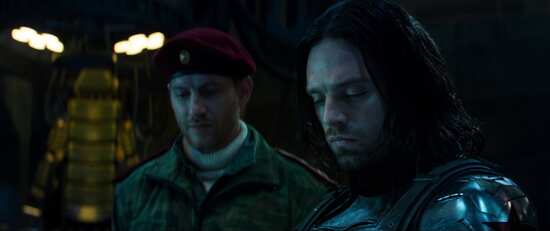


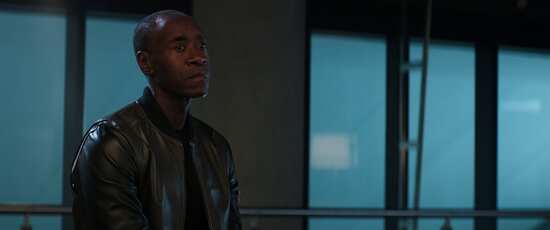


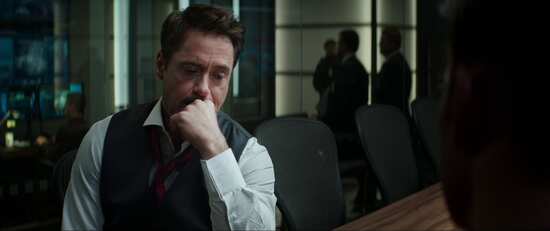
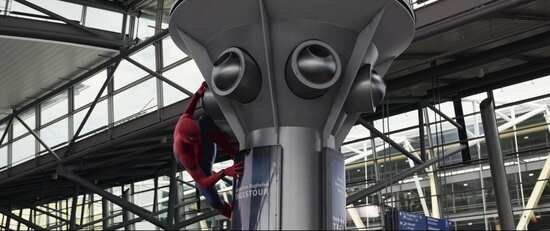
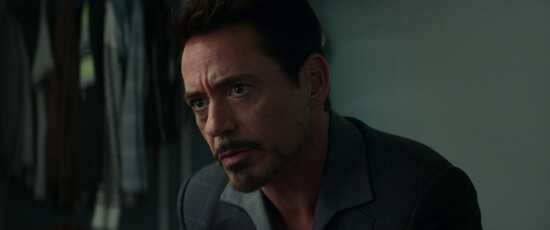
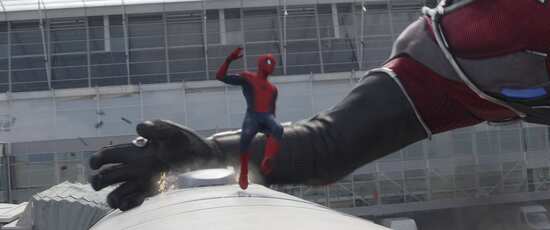
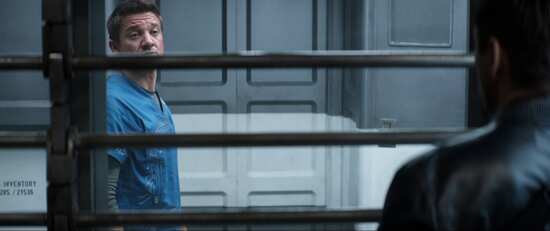

Your Opinions and Comments
Be the first to post a comment!